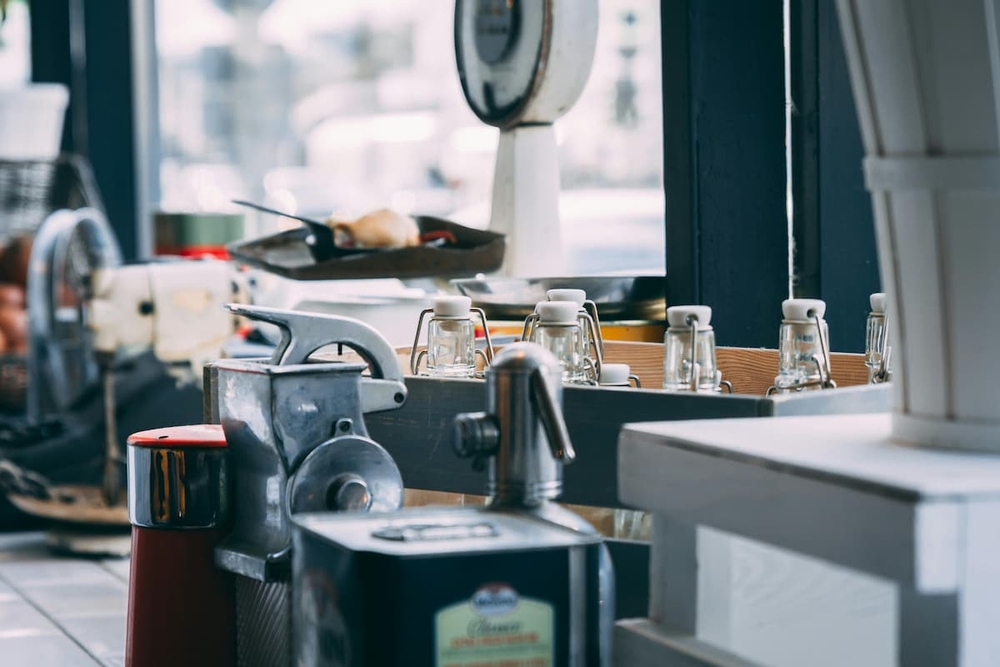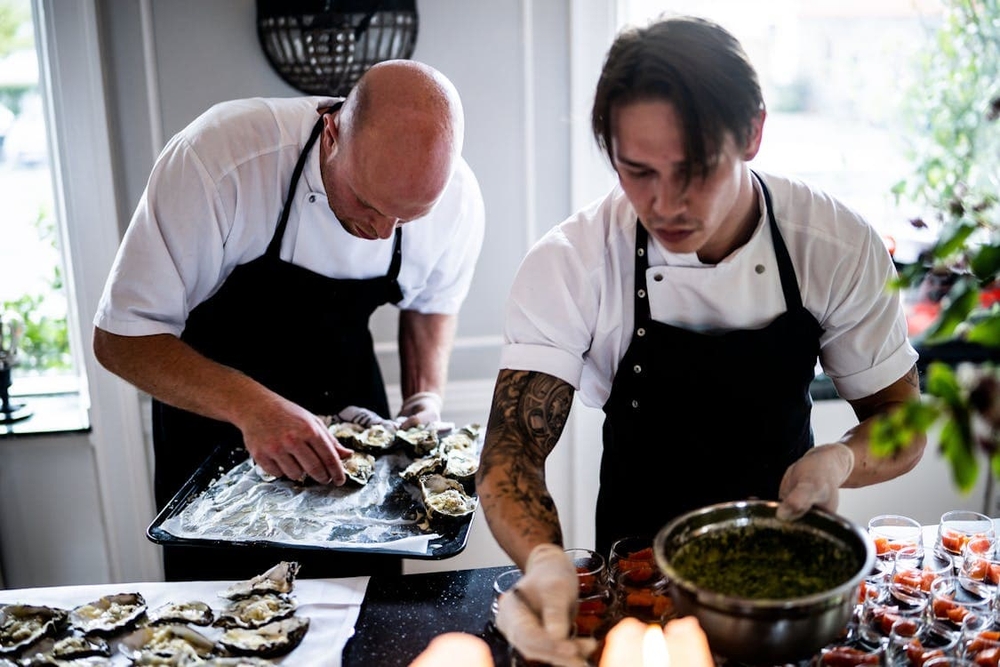Sales vs Business Development: Which One to Pursue for Ghost Kitchens?
Table of Contents
CloudKitchens
How many tacos can be delivered from a 1000sqft restaurant?
The same amount as a 200sqft ghost kitchen.
Retailers aren’t the only ones who are digitizing their business, the food and beverage industry is too. Ghost kitchens have swept the world by reshaping how food service works. Deliver-only restaurants have taken point in this change by enabling these restaurants to maximize their resources and labor force while minimizing overhead costs.
The rise of ghost kitchens is a new way on how to run a smarter restaurant business, but whether you’re a new restaurant or an established one, there are still some challenges you need to be aware of before success is in your grasp.
Balancing sales and business development is an important task for brands that want to grow sustainably. In this blog, we’ll tell you why you must learn how to do both and be aware of the challenges that may come.
The Dilemma: Sales vs. Business Development
Initially, you may think that sales and business development are one and the same, but this can’t be further from the truth. It’s probably because they seem to focus on driving profit to the business and rely heavily on how to market your restaurant business online and offline.
However, if you look closer, you’ll see that they have different roles in a company’s growth strategy. While sales may be focused on closing deals and generating a steady flow of revenue, business development is geared toward long-term success through the establishment of partnerships and market positioning.
Generating Revenue Through Sales
For ghost kitchens, sales are important because they’re what convinces a customer to purchase the products you offer and take advantage of the delivery-only model. Sales play an important role in keeping businesses afloat by generating revenue. The success of sales is typically measured by the volume of orders generated, the number of deals closed, and the value of contracts signed.
Long-Term Success Through Business Development
Business development is key to long-term success and a cornerstone of this business facet is building relationships. This means identifying leads, researching, and nurturing these leads into opportunities.
For ghost kitchens, this could mean partnering with delivery platforms such as Uber Eats, Grubhub, or Doordash, fostering a relationship with suppliers, or expanding into new markets through joint ventures. The effects of business development may not be seen instantaneously on your spreadsheets, but they’re essential to laying the groundwork for your business’ sustainable growth.
The Benefits of Sales and Business Development for Ghost Kitchens?
By nature, ghost kitchens are a highly efficient and scalable food business model. Although, these businesses – much like any other business, require a balanced approach to both sales and business development. Both are equally important to the longevity of your ghost kitchen.
In this section, we tell you about the benefits of sales and business development to ghost kitchens.
Sales in Ghost Kitchens
Sales in the context of ghost kitchens involve direct customer acquisition efforts. Here is how this can be executed:
- Restauranteurs: ghost kitchens can sell their services to existing restaurant owners who want to reduce operating costs while increasing food sales.
- Food entrepreneurs: food entrepreneurs who want to be a part of the food industry but don’t have the capital to open a brick-and-mortar restaurant may be interested in opening a ghost kitchen.
- Corporate partnerships: corporations who want to provide food to their employees and clients through a deliver-only solution.
A sales team can reach out to potential clients through online lead generation techniques, industry networking, or cold outreaches. By closing deals and signing new clients, ghost kitchens can keep a healthy cash flow to stay up and running.
Business Development in Ghost Kitchens
Business development for ghost kitchens is a lot more strategic. This department goes beyond direct sales and is all about identifying growth opportunities and nurturing them for long-term business sustainability.
Here are some examples of how business development in ghost kitchens can be executed:
- Delivery partnerships: putting your ghost kitchen in major food delivery platforms can be a great way to ensure that your business is visible and that it continues to generate sales over time.
- Vendor relationships: to sustainably grow your business, having an excellent relationship with your suppliers is key. Maintaining a relationship with your food suppliers, packaging providers, and technology platforms is essential to keeping your ghost kitchen operating smoothly.
- Growing into new markets: over time, you may want to expand your delivery-based products to new geographical areas that have lower competition. Your business development team can identify these new areas and create a strategy to set up your new location.
Your business development team’s role involves identifying trends and opportunities that allow you to grow your business sustainably. This team looks toward the future to ensure that you have a financially viable company.
Aligning Sales and Business Development for Ghost Kitchen Success
It’s true that your sales and business development teams have different goals, but these two working together are crucial to the success of your business. So, let’s say that you want to learn how to grow and improve your catering sales, both of these departments must work together to drive immediate revenue to your business while also ensuring that your company can sustainably grow.
Yes, these two may have different immediate goals, but their ultimate goal remains to be the same – ensuring that your ghost kitchen is financially stable.
Challenges of Balancing Sales and Business Development in Ghost Kitchens
Even if your sales and business development teams work together, balancing the functions of these two departments is key. Putting too much weight on sales can lead to missing out on long-term opportunities, but prioritizing business development without generating ample revenue can stunt your company’s growth.
Overcoming the Challenges
- Align goals: the key to overcoming this challenge is aligning the goals of the sales and business development teams. Both teams should work toward the same objective: sustainably expanding the business while increasing revenue.
- Establish communication: creating an active communication line between the sales and business development teams can ensure that each team is aware of the other’s priorities and progress. This helps avoid misaligned strategies.
- Integrate technology: using technology in your system can help your teams keep track of crucial information on how to grow your business. For example, an analytics tool can help your team identify which markets or customer segments are the most profitable venture for your ghost kitchen.
Sustainably Growing Your Ghost Kitchen
The success of your ghost kitchen relies heavily on the collaboration between your sales and business development teams. While sales teams are focused on driving immediate revenue through client acquisition, business development professionals are laying the foundation for future growth through strategic partnerships and market expansion.
By leveraging both departments and aligning them with overarching business goals, ghost kitchens can build a sustainable and profitable business model in the food industry.
Ready to apply these strategies to your next ghost kitchen? Explore one of our top locations in Seattle.
Read more:
More insights & stories
There’s more where that came from.
Get in the know and check out our additional insights





